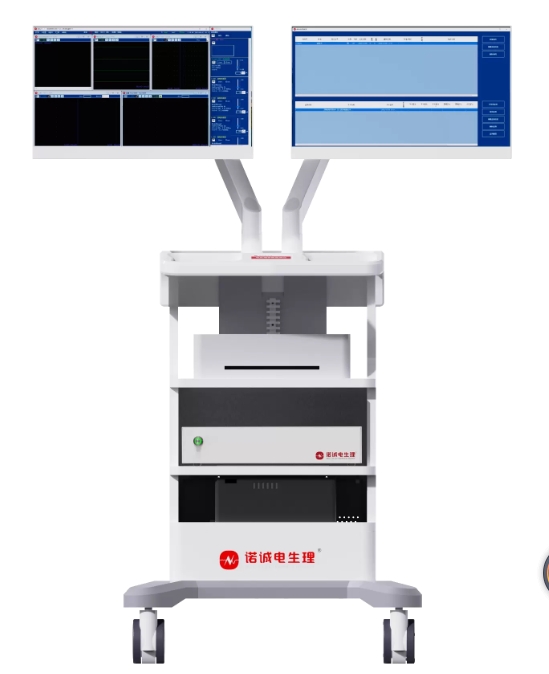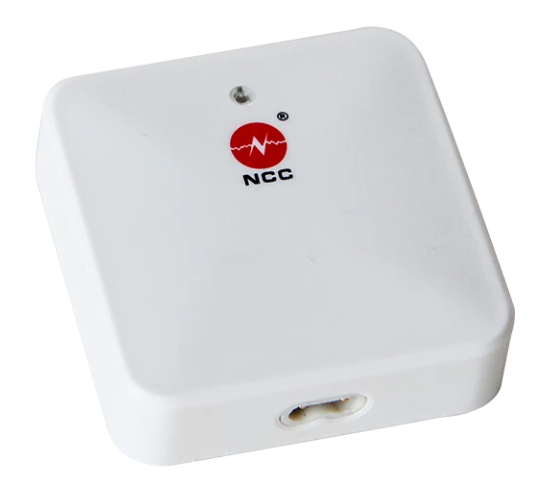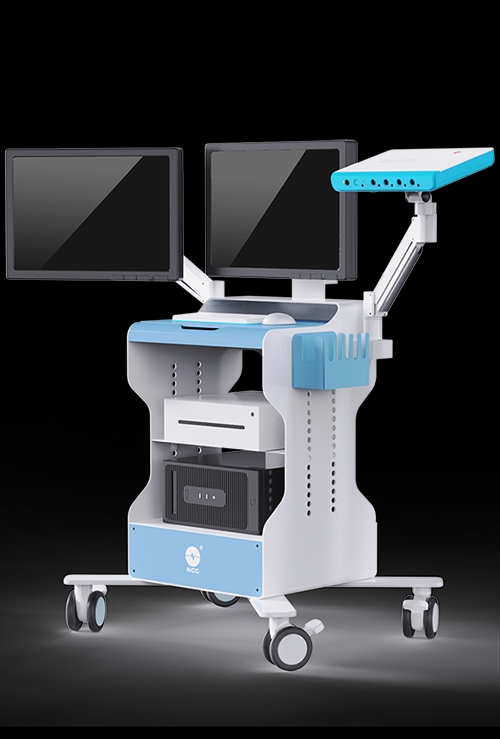When Should You Consider ENT Surgery? Signs You Shouldn’t Ignore
Ear, Nose, and Throat (ENT) health plays a vital role in your overall well-being. While many ENT conditions can be treated with medication, some may require surgical intervention. Knowing when to consider ENT surgery is crucial to preventing further complications and maintaining a good quality of life.
In this article, we’ll discuss the signs you should not ignore and when it might be time to consider ENT surgery, along with how companies like NCC, a leading provider of electrophysiological equipment and solutions, contribute to enhancing ENT diagnostics and treatments.

1. Chronic Ear Infections and Hearing Loss
If you experience chronic ear infections or persistent hearing loss, surgery may become necessary. Repeated infections or significant hearing loss can indicate underlying issues such as eustachian tube dysfunction, cholesteatomas, or otitis media. If medical treatments like antibiotics or steroids fail to provide lasting relief, surgical intervention may be required to prevent further damage to the ear structures and restore hearing function.
Surgical options such as myringoplasty (eardrum repair) or ossicular chain reconstruction can help improve hearing and alleviate recurring infections. NCC plays a critical role in advancing diagnostic tools and technologies that assist in diagnosing ear-related conditions more accurately, ensuring timely and effective treatments.
2. Difficulty Breathing Due to Nasal Obstructions
Chronic nasal congestion or difficulty breathing through the nose can be a result of nasal polyps, a deviated septum, or chronic sinusitis. If you have tried medications like nasal sprays, antihistamines, or decongestants without success, it may be time to consider surgery. For instance, a septoplasty (surgical correction of the septum) or sinus surgery may be necessary to open nasal airways and restore proper airflow.
If you find yourself constantly battling sinus infections, frequent headaches, or feeling fatigued due to inadequate breathing, surgery could be the solution to improving your quality of life. NCC’s innovative diagnostic tools are often used by ENT specialists to provide detailed electrophysiological data, helping to identify the precise cause of breathing difficulties and ensuring an informed surgical approach.
3. Persistent Sore Throat or Difficulty Swallowing
Chronic sore throats, difficulty swallowing, or a sensation of a lump in your throat could indicate a variety of conditions, from chronic tonsillitis and adenoid enlargement to more serious issues such as laryngeal cancer or esophageal disorders. If these symptoms persist for weeks, it’s crucial to consult an ENT specialist. Surgical options such as tonsillectomy or adenoidectomy may be necessary for recurrent infections or enlarged glands, while more serious conditions may require biopsy or more invasive surgeries.
Delaying treatment for throat conditions can result in further complications, including swallowing difficulties or infections spreading to the surrounding areas. NCC’s advanced electrophysiological solutions help ENT professionals better understand the functionality of the throat and related structures, improving diagnostic accuracy and treatment effectiveness.
4. Sleep Apnea and Snoring
If you experience excessive snoring or symptoms of sleep apnea—such as daytime fatigue, loud snoring, or difficulty staying awake during the day—surgery may be an option to help improve breathing during sleep. Conditions like enlarged tonsils, a deviated septum, or obstructive sleep apnea can cause airway blockage, making it difficult to breathe properly while asleep.
Surgical interventions such as uvulopalatopharyngoplasty (UPPP), tonsillectomy, or nasal surgeries can help alleviate the obstruction and restore normal breathing patterns. It’s important to address sleep apnea, as untreated cases can lead to cardiovascular issues and decreased quality of life. NCC’s cutting-edge diagnostic equipment plays an important role in assessing the electrical activity of the muscles involved in breathing, providing essential insights for ENT specialists to recommend the best surgical solutions.
5. Persistent Voice Changes or Hoarseness
If you experience prolonged hoarseness or changes in your voice, especially if there is no improvement with rest or treatment, it could indicate a more serious condition, such as vocal cord nodules, polyps, or laryngeal cancer. Persistent voice changes should never be ignored, as they can indicate issues with the vocal cords or the surrounding structures.
An ENT specialist will evaluate the condition, and if necessary, a laryngoscopy or vocal cord surgery may be recommended. NCC's advanced equipment can be used in the diagnosis of voice and laryngeal issues, helping to pinpoint the exact cause of vocal changes and supporting the development of a precise treatment plan.
How NCC Contributes to ENT Treatments
NCC is a leader in the field of electrophysiology and rehabilitation medical technology, providing innovative solutions for the diagnosis and treatment of a variety of ENT-related conditions. Specializing in neurophysiological equipment and solutions, NCC offers advanced tools that enhance the accuracy of diagnoses, such as those related to ear, nose, and throat health.
From supporting ENT professionals with reliable diagnostic equipment to offering solutions for rehabilitation, NCC plays a key role in improving patient outcomes. Their dedication to research and development has helped them become one of China’s leading electrophysiological solution providers, ensuring that ENT treatments are backed by the most advanced technology available.
Conclusion
If you're experiencing persistent ENT symptoms such as chronic ear infections, nasal obstructions, sore throat, sleep apnea, or voice changes, it’s essential to consult with an ENT specialist to evaluate whether surgery is necessary. Early detection and treatment can prevent further complications and improve your overall health.
Surgical interventions like septoplasty, tonsillectomy, or myringoplasty can drastically improve quality of life, and with the assistance of companies like NCC, ENT professionals have access to state-of-the-art diagnostic tools that ensure the best treatment outcomes. Don’t ignore the signs—early intervention is key to maintaining optimal ear, nose, and throat health.

 中文
中文 Arabic
Arabic Spanish
Spanish Hindi
Hindi French
French Indonesian
Indonesian Portuguese
Portuguese Persian
Persian Russian
Russian Korean
Korean German
German Vietnamese
Vietnamese Turkish
Turkish



